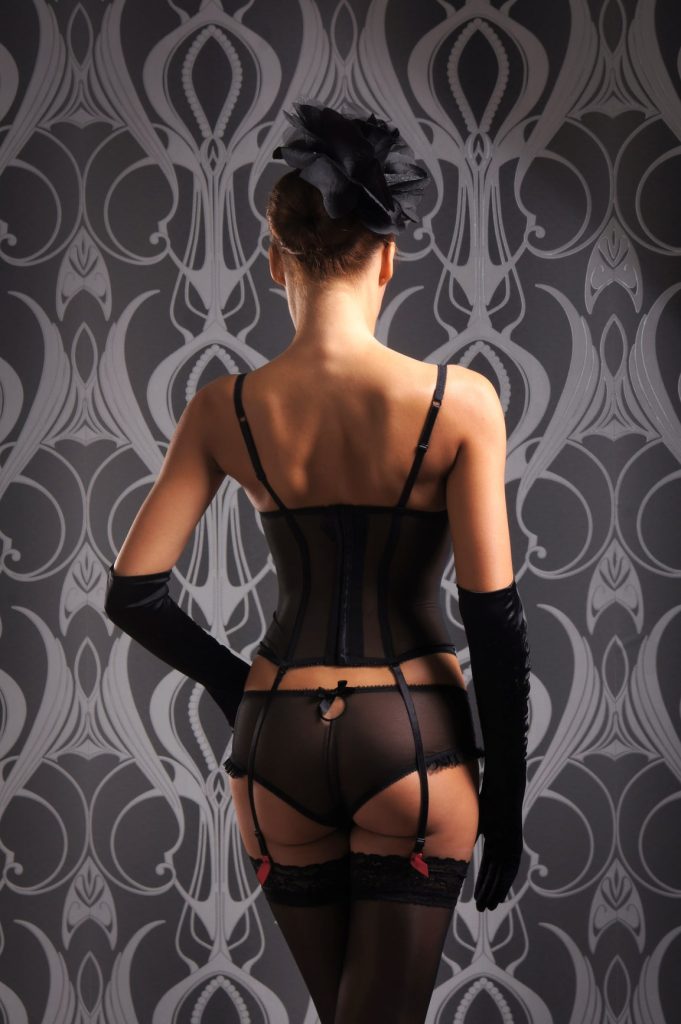If you want to find out how to become a lesbian, it is important to develop a sense of sexual attraction for people of the same gender. It is also important to express yourself and your sexuality in ways that affirm you. In addition, it is important to avoid discrimination or violence by your family and friends.
Develop feelings and attraction for people of the same sex
One of the first and most important steps in achieving sexual emancipation is to develop a sense of self and to learn the ins and outs of your kinks. In other words, the more you know, the more you can do. You can achieve this by establishing a rapport with your significant other and having a few open ended conversations. And while the idea may be to make your partner feel secure and at ease, there is also an element of fun and excitement involved in the process. So, how should you go about it? There are many options ranging from dating apps to social networking sites. But the most important and rewarding route is by establishing direct lines of communication with the person of your choice.
Express yourself, gender, and sexuality in ways that make you feel affirmed
As you grow older, you may want to express your sexuality, gender, and identity in ways that are affirming to you. Being able to do this can be difficult, and it’s important to know that there is no shame in expressing these things. You can feel free to do so, but there’s a risk of being rejected.
There are many different kinds of gender expressions. Some people are transgender, while others want to achieve a neutral gender expression. Others prefer to be called gay or lesbian.
Gender is an internal sense of yourself. It isn’t a fixed concept, and it’s not defined by biology or anatomy. In most societies, gender stereotypes are based on the sex assigned at birth. However, there are also intersex and gender fluid people.
Be subjected to discrimination and violence by family members or peers
When it comes to discrimination and violence, it can be difficult to determine what the best strategy is. You’re likely to be exposed to a variety of risk factors including family, neighborhoods, peers and employers. The most damaging types of violence are often hidden from the public eye. But it’s not all doom and gloom. It’s important to know that you’re not alone. Fortunately, there are steps you can take to protect yourself and your loved ones.
In addition to protecting your physical wellbeing, you should also consider the psychological and social effects of violence. This is especially true if you’re an employee. If you witness an act of aggression, report it immediately. Your employer should also be on your list of contacts.
Change sexual orientation throughout life
If you want to change sexual orientation throughout your life, it is important to be honest about your feelings. It is also a good idea to find a support group to help you along the way.
One study found that women were more likely to have sexual fluidity, which means that their sexual attraction can change over time. This is a common characteristic in the LGBTQ+ community.
Research has shown that people who have sex in adolescence mostly start with other-sex partners. However, it is common for people to become aware of their sexuality during this period.
For example, one study found that 67% of women who identified as mostly straight and discontinuous were attracted to both sexes by their early 20s. In addition, many lesbians discover their sexual attraction to members of their own sex later in life.
Identify as butch, femme, or futch
Many queer women use the term “butch” or “femme” to describe themselves. However, there is more to the term than a fancy dress and an ersatz feminine mannerism.
Butch/femme culture is an emotional identity that emerged during the 1940s and 50s. It primarily emerged as an outlet for lesbians to express themselves. This dynamic continued into the 1990s. The rise of the queer movement and a feminist movement also contributed to the proliferation of butch/femme identifiers.
As with any subculture, butch and femme culture is diverse and complicated. Some queer women combine the two to form “futch.” These women may present as gender-neutral or as androgynous. Others may identify as “soft butch,” an androgynous female with a feminine flair.
Traditionally, butch and femme identifiers were reserved for working class girls who avoided oppressive dress codes. A small sample of young urban lesbians and bisexuals have used the butch/femme label to describe themselves.


